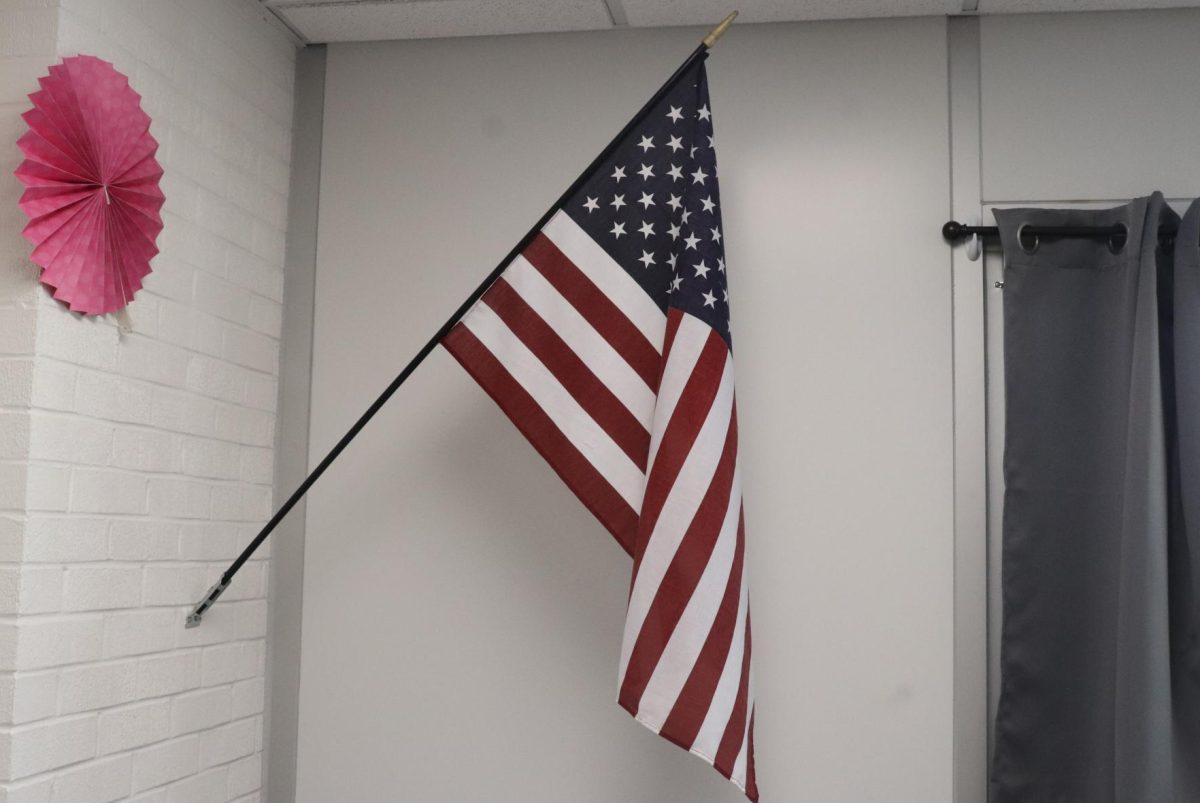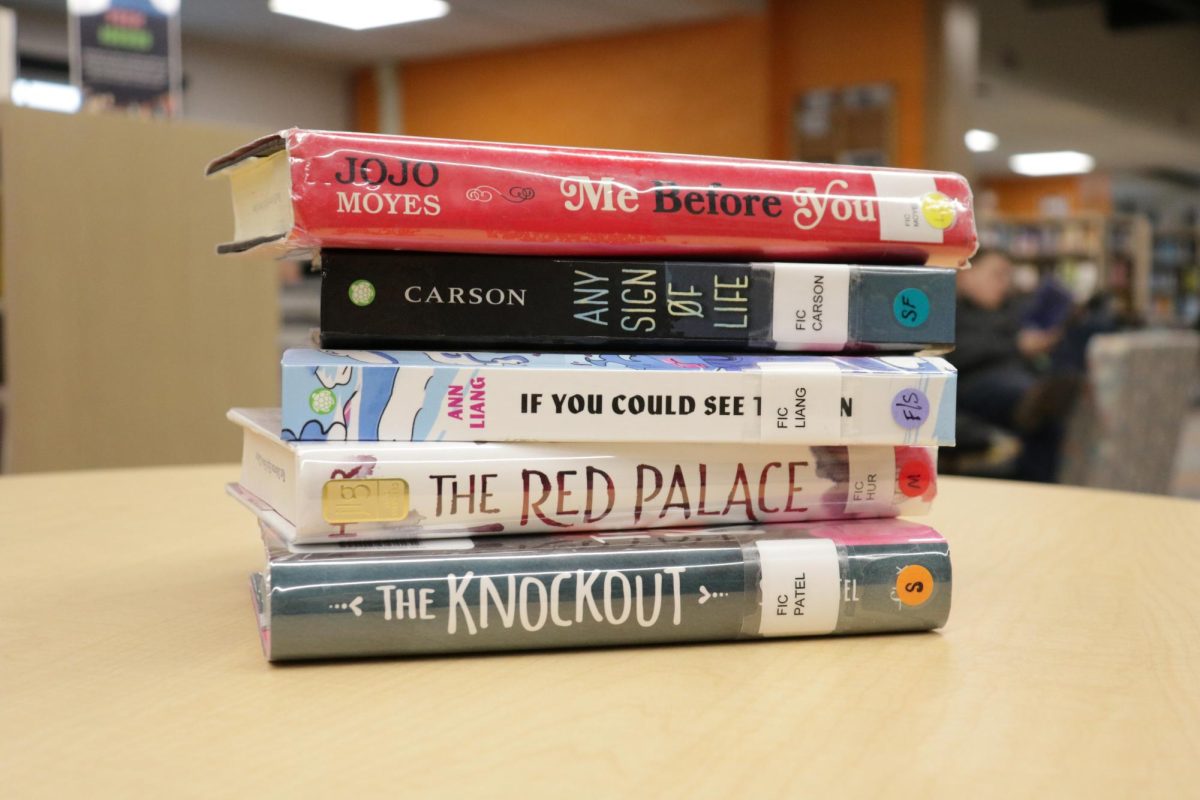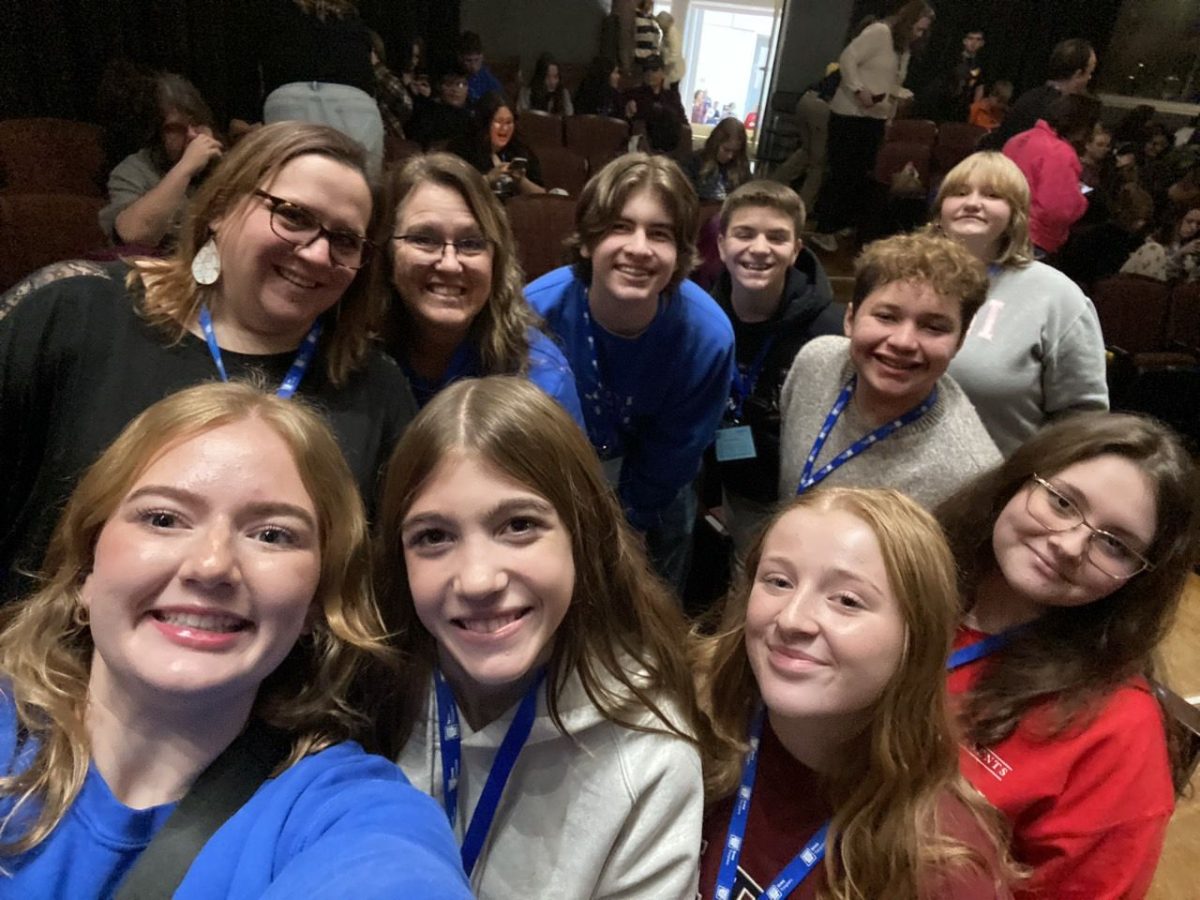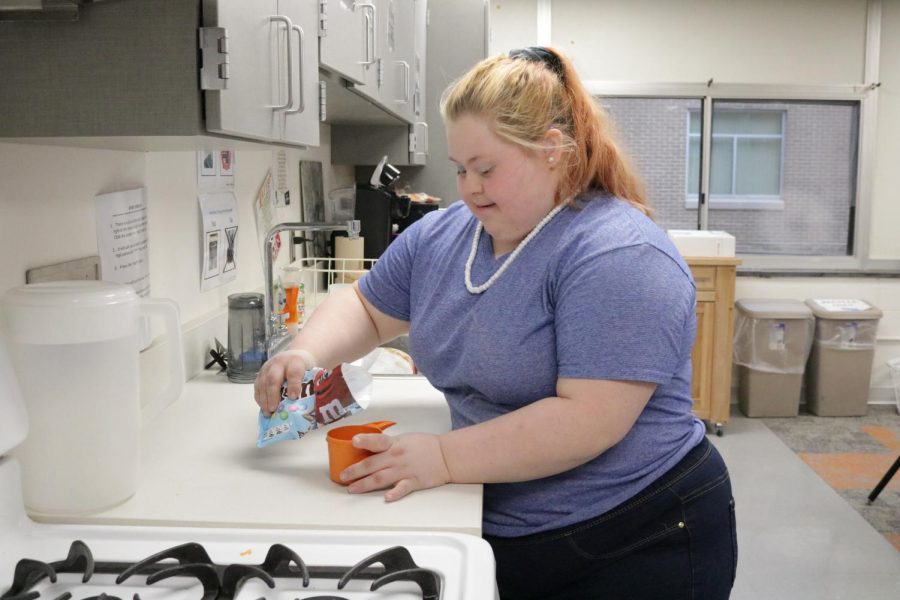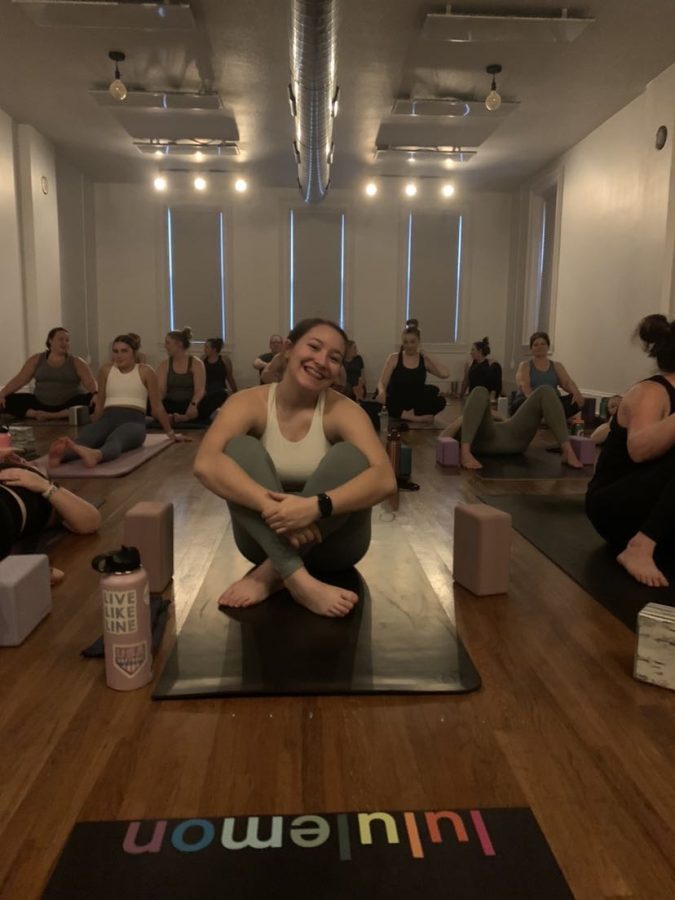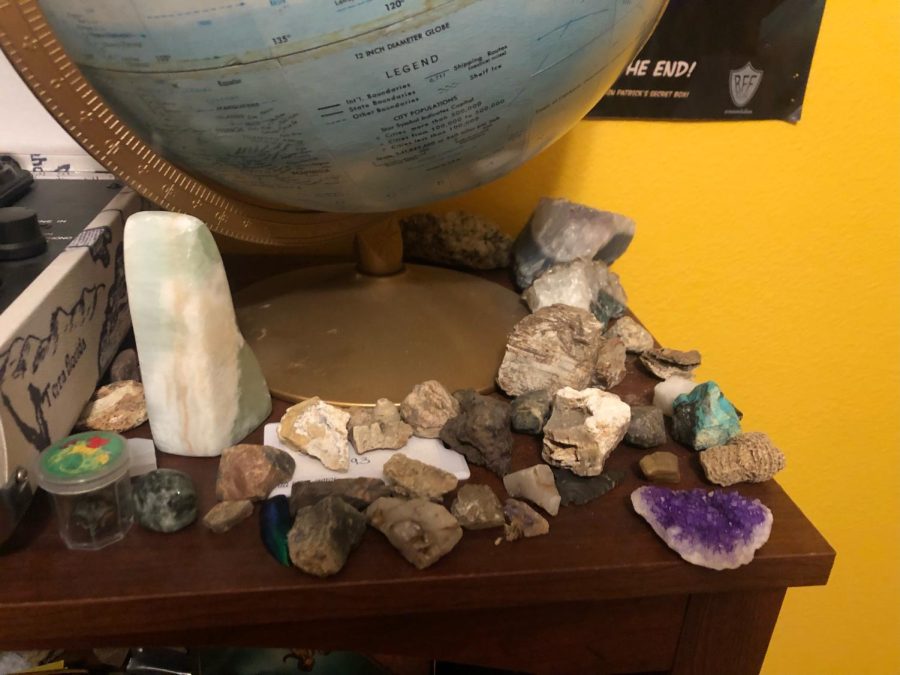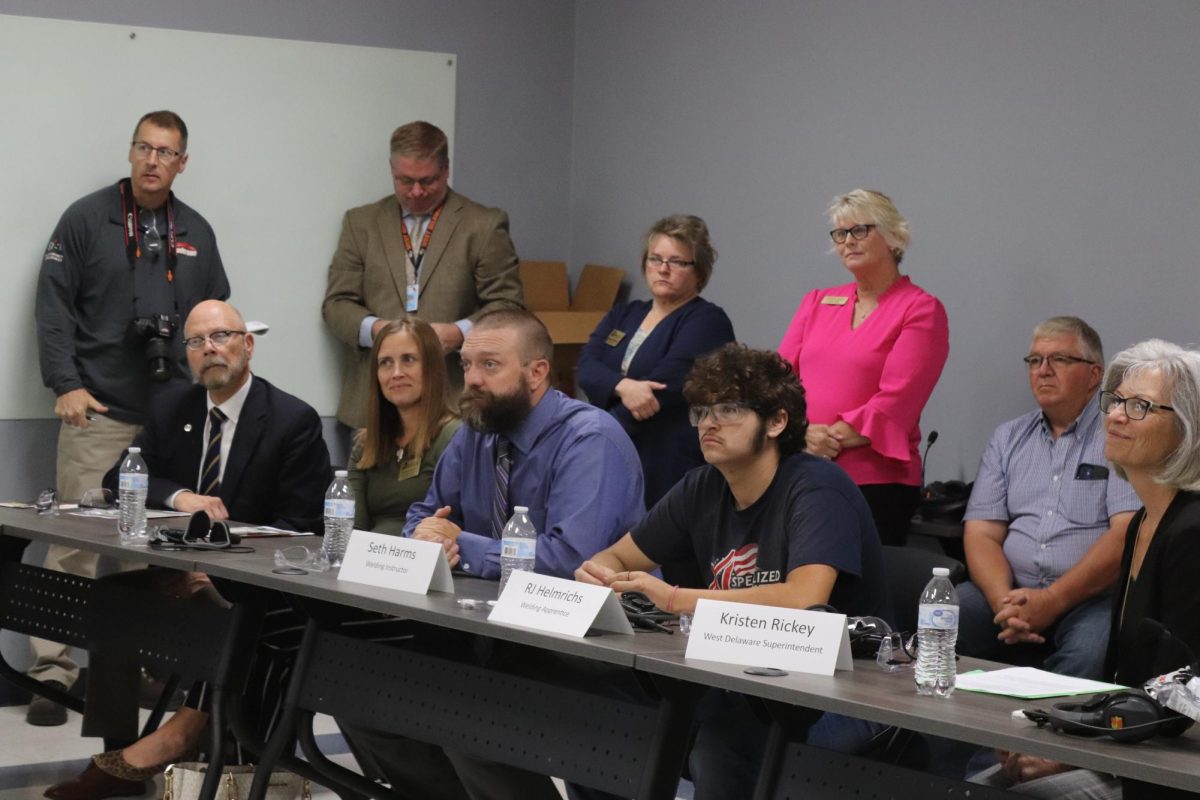Response to COVID-19
May 13, 2020
In one of my classes last week, we learned about a professor named Dr. Gregory Berns. Berns had conducted multiple experiments on behavioral science, wanting to find the answer to why people follow the crowd.
In one of Berns’ experiments, he had a person take a simple quiz and then put him amongst a group who, when asked, would all say the wrong answer. Berns wanted to know if the subject would agree with the group or if he would stand alone and say the correct answer. Oftentimes, the subject would agree with the group.
This led me to wonder about how it relates to the Coronavirus. Burns’ experiments proved that people like to fit into the crowd. So are many people today just following others out of fear, without knowing the true facts about the virus? Is most of their fear based on what others are saying or doing?
For example, as the virus continues to infect people around the world, social media posts and news articles continue to spread online. This constant information can make it hard to separate facts from fiction. The rumors or misinformation from this can strike unneeded fear into the hearts of others.
Following others could also be a reason for the behavior of “panicky” humans when it comes to hoarding supplies such as toilet paper. As we became confined to our homes, is it our fear that drives us to buy out the local Walmart? As I saw the many empty aisles of food and supplies at Walmart, I was moved to grab everything that I could. But why did I get that feeling when I knew that I didn’t need those things? Everyone else was stocking up, so I needed to as well?
Although I understand that the Coronavirus is a huge cause for concern, I have wondered how much of the unease in people is caused by rumors, overstating the facts, or just by what other people are doing.
Maybe we should simply use our own judgment— rather than trying to fit in with the crowd.

















